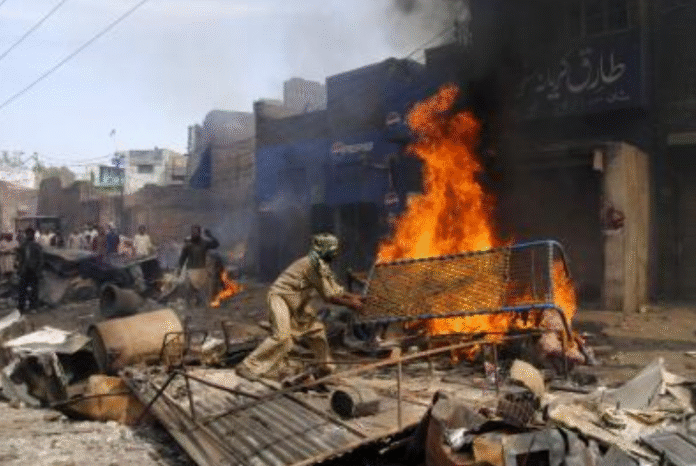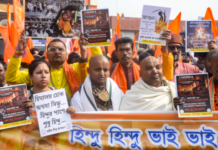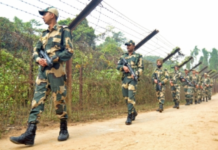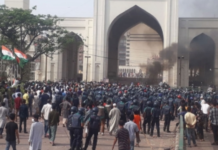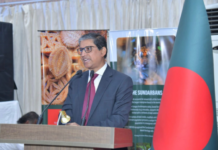ISLAMABAD– Pakistan continues to use its controversial blasphemy laws to persecute religious minorities, particularly Christians, according to a new report by international advocacy group Open Doors, cited by Brussels-based The European Conservative.
The report links the pattern of religious intolerance and violence to constitutional changes in 1973, when Pakistan adopted an Islamic constitution and incorporated Sharia provisions into its civil code. Under the constitution, freedom of speech is restricted to protect “the glory of Islam.”
“Pakistan’s notorious blasphemy laws are often used to target minority groups, but Christians are disproportionately affected. Roughly a quarter of all blasphemy accusations are against Christians, who make up just 1.8 percent of the population,” the report stated. While the death penalty is mandated for blasphemy, executions are rare — but those accused often face mob violence. In June 2024, an elderly man accused of desecrating the Quran was beaten to death by a mob.
The report also highlighted the case of 72-year-old Christian Anwar Kenneth, who spent 23 years on death row after being convicted in 2002 for allegedly sending letters deemed blasphemous toward Islam. Arrested in 2001, Kenneth was sentenced to death by a Lahore court the following year. In June 2025, Pakistan’s Supreme Court acquitted him, ruling that a “person of unsound mind” could not be held criminally liable for blasphemy.
“It is very unfortunate that an elderly man has languished in various prisons for over two decades despite his mental health condition,” said defense attorney Rana Abdul Hameed.
Another case cited was that of Pervaiz Masih, accused of writing blasphemous content in 2023, which sparked violent riots in Punjab’s Jaranwala region. At least 20 churches were destroyed, and hundreds of Christians were displaced during the unrest. On April 18, 2025, Masih was sentenced to death along with other severe punishments.
The Centre for Social Justice (CSJ) reported a record 344 new blasphemy cases in 2024, the highest in Pakistan’s history. At least 10 people accused of blasphemy were killed by mobs or individuals that year.
“The blatant weaponization of blasphemy laws continues to enable persecution, religious intolerance, and widespread human rights violations,” the CSJ report concluded. (Source: IANS)


